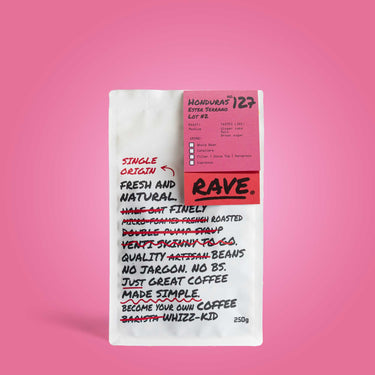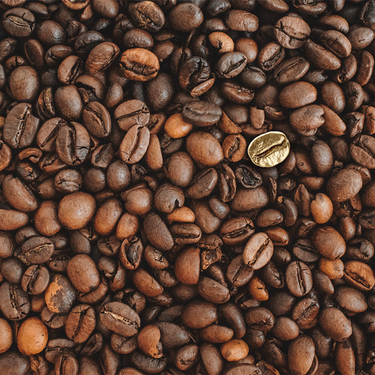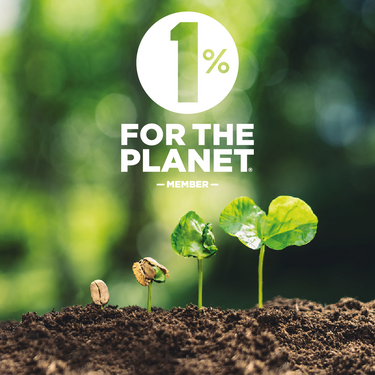The Kiangoi Factory (wetmill) is one out of three wet mills of the “Rungeto Cooperative Society” in Kirinyaga
in Central Kenya. Kirinyaga is located on the slopes of Mount Kenya and together with the neighboring region
Nyeri it’s known for coffees with most intense, complex, and flavor-dense cup profiles world wide. It is made
up of mainly smallholder farms, each with some 100 trees. The farmers are organized in Cooperative Societies
that acts as umbrella organizations for the Factories (wetmills), where the smallholders deliver their coffee
cherries for processing.
Kirinyaga has a mix of smallholders and block holders with small to medium farms. The ones that don’t have
their own processing equipment delivers cherries to their local Cooperative. Most coffees are grown under
shade from Gravelia and Muringa Alloevella trees. Many of the farmers are surrounded by several wetmills.
They are free to choose where they want to deliver their cherries as members. Due to the traditional auction
system in Kenya, quality is rewarded with higher prices. The better factories will then attract more farmers by
producing coffee getting the highest prices, as well as giving high payback rate to the farmers. This can in some
cases be about 90% of the sales price after cost of marketing and preparation is deducted.
Cooperative: Rungeto Cooperative Society
Wet mill: Kiangoi Factory
Region: Kirinyaga
Nearest Town: Embu
Altitude: 1600 - 1800 masl
Producers: 950 smallholders in the surrounding areas deliver cherries to the wet mill.
Varietals: Mainly SL 34 (90%), SL28, K7 and Ruiru 11 counts for the rest.
Grade: AA refers to the bean size. AA in Kenya is screen size above 17.
Production: All coffees are pulped, dry fermented, washed and sundried
Process: Cherries are hand sorted for unripes and overripes by the farmers before they go in to production. A 3-disc
Agaarde pulping machine removes the skin and pulp. The coffees are graded by density in to 3 grades by the pulper.
Grade 1 and 2 go separately to fermentation. Grade 3 is considered low grade.
The coffee is fermented for 24-36 hour under close shade. After fermentation the coffees are washed and again graded by
density in washing channels they randomly do soaking in clean water over night in clean water.
Drying: Sun dried 12 to 20 days on African drying beds. Time depends on wetather conditions. Coffees are covered in
plastic during midday and at night.
Soil: Mainly Nitisol, red volcanic soil. Nitisols occur in highlands and on volcanic steep slopes. They are developed from
volcanic rocks and have better chemical and physical properties than other tropical soils.
Notes: The factory was established in the 60’s. They are initiating a project to build soaking pits for waste water
treatment as well as a good quality control systems for processing. The affiliate members of the factory carry out
all agronomic activities associated with coffee production i.e. they source coffee from the Coffee Research Station
and plant it according to the stipulated guidelines.
Fieldwork carried out involves weeding, pruning, spraying, and application of fertilizer, mulching and technical
advice. The farmers are given inputs on credit from the Rungeto Cooperative Society.






